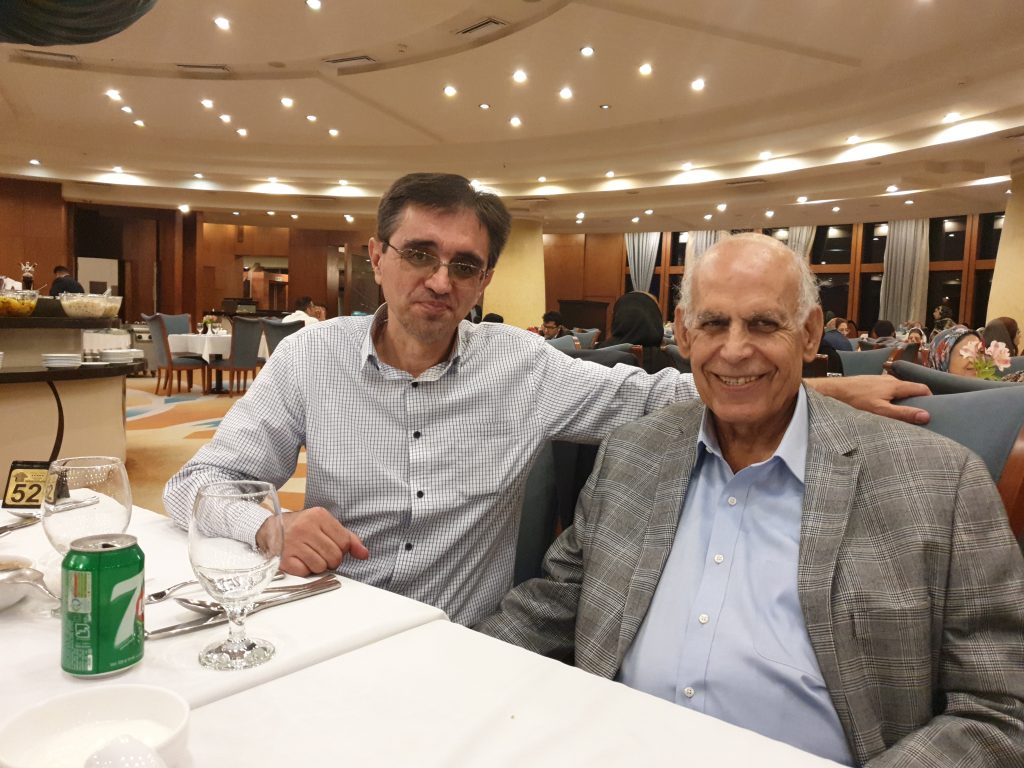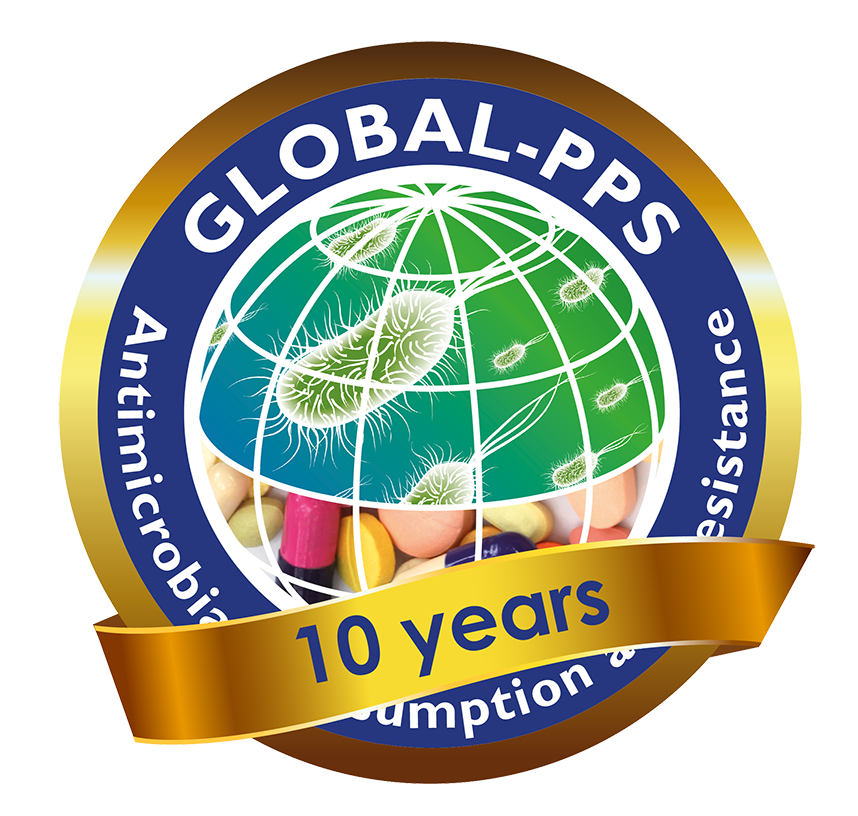Global-PPS in Iran
The Global-PPS in Iran primarily started in 2015 in two large Iranian University cities, namely Shiraz and Kurdistan Universities of Medical Sciences, concurrently with the first global attempt for data collection about antibiotic consumption conducted by the University of Antwerp, Belgium.1 We appreciated the standardized and straightforward online tool for assessing antibiotic consumption and resistance from our hospitals at all levels.2 This project followed the ARPEC project conducted collaboratively with the Worldwide Antibiotic Resistance and Prescribing in European and Iranian Children in 2011 and 2012.3, 4, 5
We anticipated that our Government uses the Global-PPS tool to improve antimicrobial prescribing as part of the national action plan, which they expected to draw up, with limited cost and investments in hospital staff. The Global-PPS was repeated in 2017, 2018, and 2019 by Kurdistan University of Medical Sciences. We presented our Global PPS findings in several International congresses in Iran, hoping to provide more insights about costs and sequala of illegal consumption of the antibiotics and propagating antibiotic stewardship programs in Iran. It was an honor that Dr. Ann Versporten participated actively in 2016 and 2019 in our 10th and 13th Dr. Alborzi’s International Congresses of clinical Microbiology in Sanandaj and Shiraz. In the 2019 Congress, we collaboratively with Dr. Ann Versporten held a two-days’ workshop with the active participation of many pediatric infectious subspecialists and adult infectious specialists from all over Iran.
After the 1st Iranian Global-PPS workshop, the project extended to include many capital cities of Iranian provinces beginning in 2020 and named the National Iranian Global point Prevalence Study.
Degree of participation to the National Iranian Global-PPS
The Global-PPS is instrumental in planning and supporting local and national stewardship interventions in a range of resources and geographical settings. Our effort is to expand the plan to help people enjoy a better life, as Saadi Shirazi, the great Iranian poet, in an installed poem on the doorstep of the United Nations in Geneva, said:
Human beings are members of a whole
In the creation of one essence and soul
If one member is afflicted with pain
Other members uneasy will remain
If you have no sympathy for human pain
The name of human you cannot retain
We have special thanks to dr. Ann Versporten, drs. Ines Pauwels and Professor Herman Goossens of the University of Antwerp for all of their support for the Global-PPS project in Iran.
Jafar Soltani
Associate professor of Pediatric Infectious Disease and Director of Iranian/Global-PPS Project in Iran

Reference List
1. Versporten A, Zarb P, Caniaux I, et al. Antimicrobial consumption and resistance in adult hospital inpatients in 53 countries: results of an internet-based global point prevalence survey. Lancet Glob Health 2018; 6: e619-e629.
2. Soltani J, Versporten A, Goossens H. Antibiotic Resistance: A Global Concern; Current Situation and Action Plans. Erciyes Med J. 2019;41(2):125-7. doi:10.14744/etd.2019.32656.
3. Versporten A, Sharland M, Bielicki J, et al. The antibiotic resistance and prescribing in European Children project: a neonatal and pediatric antimicrobial web-based point prevalence survey in 73 hospitals worldwide. Pediatr Infect Dis J 2013; 32: e242-e253.
4. Versporten A, Bielicki J, Drapier N, et al. The Worldwide Antibiotic Resistance and Prescribing in European Children (ARPEC) point prevalence survey: developing hospital-quality indicators of antibiotic prescribing for children. J Antimicrob Chemother 2016; 71: 1106-17.
5. Soltani J, Pouladfar G, Versporten A, Sharland M, Goossens H, Jafarpour Z, et al. Point Prevalence Survey of Antimicrobial Prescription and Infection in Pediatric and Neonatal Wards of Two Iranian Teaching Hospitals. Erciyes Med J. 2019;41(1):25-32. doi:10.5152/etd.2018.18191.
